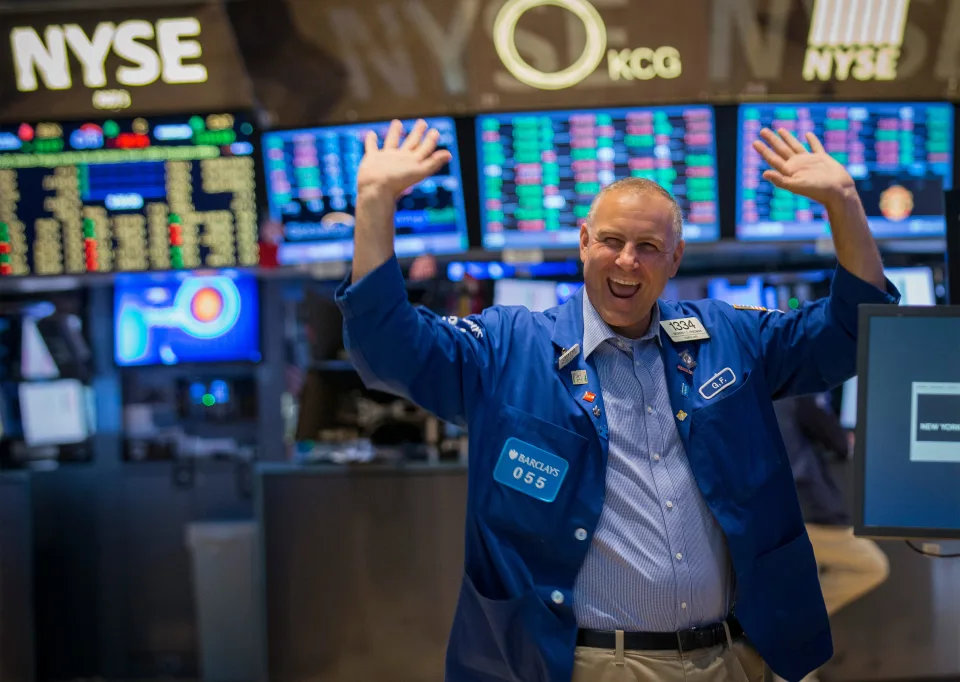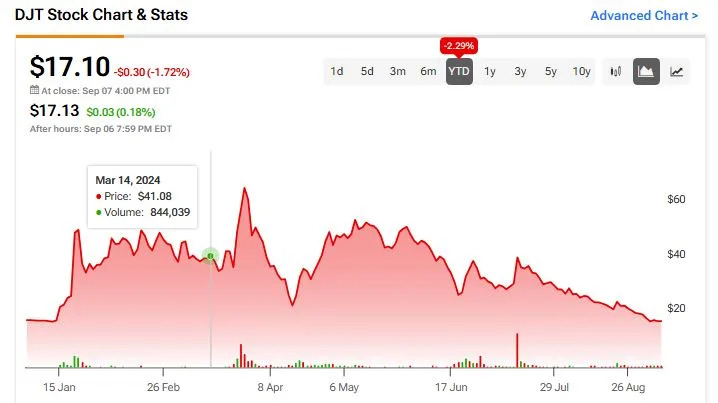
Dogecoin is worth more than Ford, bitcoin is above $100,000 , and the stock market is trading at record highs.
By most measures, the ongoing risk-on rally is being driven by extremely optimistic investors, but if stocks are to see another year of stellar gains in 2025, investor sentiment might need to be rebalanced.
In a note this week, strategists at Ned Davis Research highlighted that fund flows and equity positioning across all investor cohorts are pushing up against levels last seen in November 2021, right before the arrival of a brutal bear market.
"Equity allocations among hedge funds, active managers, and individual investors indicate relief of excessive optimism may be required for significant gains in the new year," Ned Davis Research said.
Some warning signs Ned Davis Research is watching include the ongoing boom in exchange-traded products, which include single-stock ETFs that usually tack on a pre-defined amount of leverage.
Assets in those funds have surged to over $10.5 trillion, representing a 40% increase from a year ago.
"The last time the asset base saw this level of growth was at the tail end of 2021," Ned Davis Research said.
Another sign of frothiness in the stock market, according to the research firm, is the lack of investors hedging their equity exposure in October and November.
Typically, when the stock market rises, inverse ETFs that gain when the stock market falls see inflows as investors seek to hedge risk.
That didn't happen over the past two months, even when the stock market surged to record highs. For investor sentiment to show more signs of balance, inflows into inverse ETFs would be positive.
Otherwise, "outflows with a rising market likely point towards a topping process," Ned Davis Research said.
Retail investors are also flocking to the stock market, yet another sign of bullish sentiment being stretched.
The research firm highlighted that individual investors have an equity allocation of nearly 69%, about the same level of prior highs seen in December 2017 and November 2021.
"With elevated equity allocations across investor types, it is reasonable to wonder who might be left to push the market higher," Ned Davis Research said.
Read the original article on Business Insider






